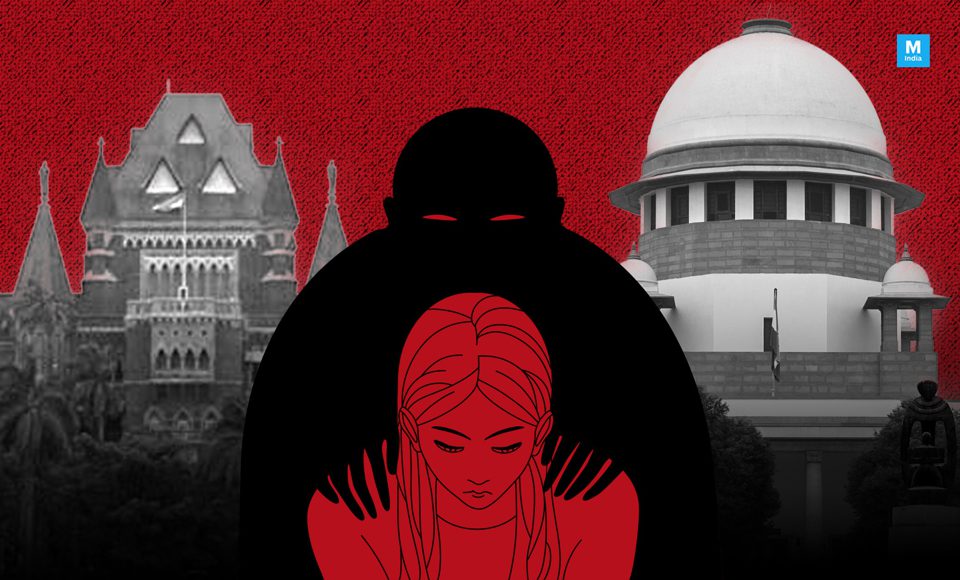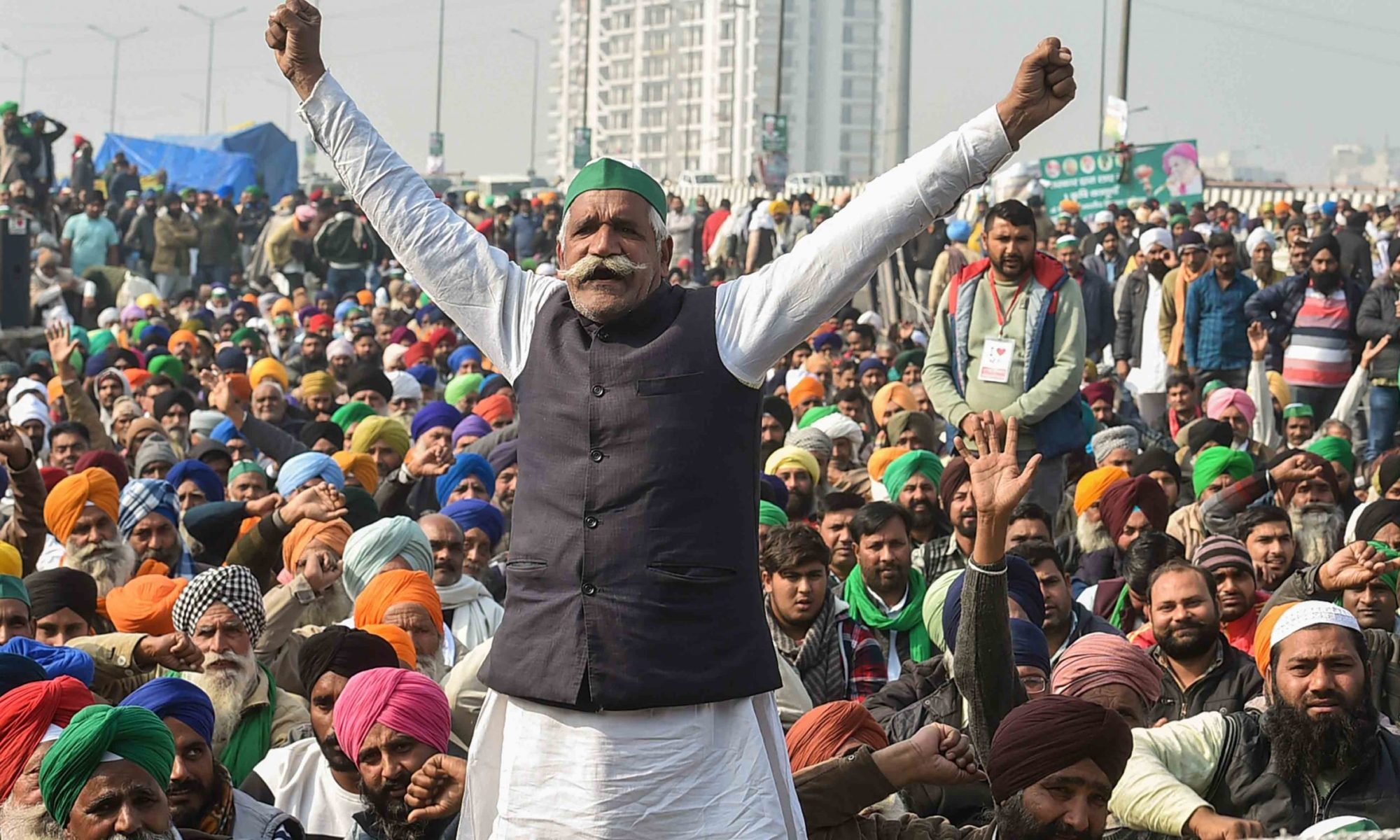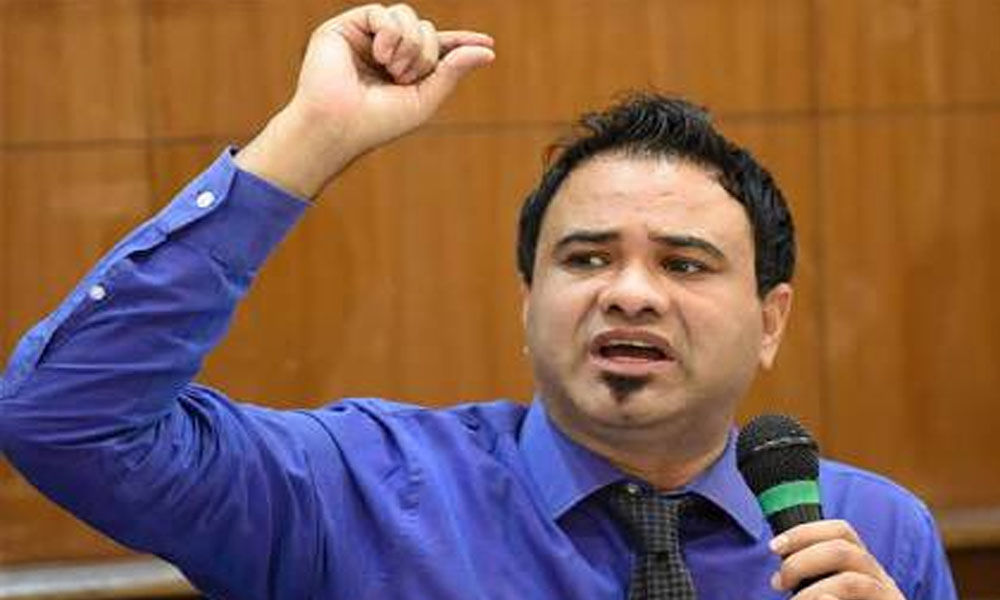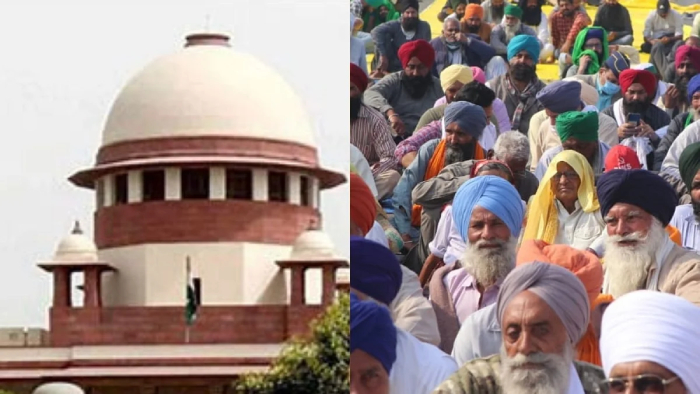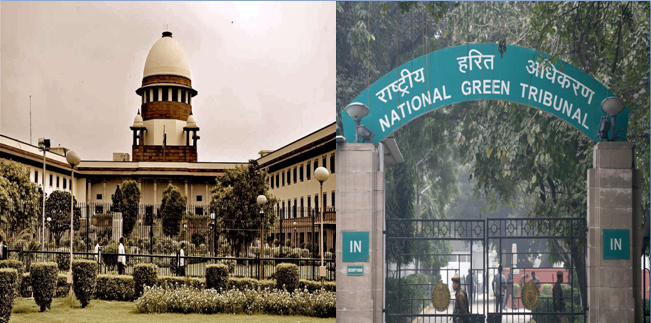Agitating farmers, their unions, and various supporters have remained firm on holding a tractor rally on the Republic Day and vowed to continue their stir till the agri-laws are repealed, even as Agriculture Minister Narendra Singh Tomar urged them to discuss alternatives to scrapping the legislation at the next meeting scheduled earlier for January 19. The next meeting has been postponed to January 20. The farmers’ protests have been going on for one week short of two months.
“We are prepared to sit in protest till May 2024. Our demand is that the three laws be taken back and the government provide a legal guarantee on the MSP,” Bharatiya Kisan Union (BKU) leader Rakesh Tikait told reporters in Nagpur. The statement indicating little change in the unions’ stand came ahead of the Supreme Court hearing on Monday on the issue of Agri-bills and ongoing protests on Delhi’s borders for over 50 days.
Saying that “soldiers were mere farmers in uniform”, Swaraj India national president Yogendra Yadav asserted at a press conference that the farmers too would celebrate the festival of republic. Mr. Yadav said that as per the pre-announced programme, the parade would be held inside Delhi and tractors would travel on the 50-km-long Outer Ring Road. He added that weapons, provocative speeches and violence would not be allowed and there would be no attempts to attack or lay siege to buildings and places of national and historical importance.
The Supreme Court said on Monday that the farmers’ proposed tractor rally on Republic Day is a matter of law and order and has to be decided by the police. During the hearing on a plea seeking an order against the tractor rally planned by the farmers, the Supreme Court also told the Centre that it has all the authority to deal with the matter.
The Supreme Court was hearing a plea of the central government, filed through the Delhi Police, seeking an order against the protesting farmers’ tractor march or any other kind of protest “which seeks to disrupt the gathering and celebrations” of Republic Day on January 26.
“Police is the first authority to decide who should be allowed to enter Delhi. The question of who should be allowed to enter the city [Delhi] and how many people can be allowed to enter are matters to be decided by the police,” the Supreme Court said, adding, “We cannot interfere.”
Addressing the Centre, the court said, “We are not going to tell you what you should do. We will take up this matter on Jan 20. Does the Union of India want the Supreme Court to tell it what powers you have under the police Act? Why do you need the court to tell you that you have power?”
“We have not taken charge of the matter the way you think we have. Apparently, the intervention of the court has been strongly mistaken by you [Centre]” the court said, further adding, “It is for the police to decide on the plea for permission for demonstration in Ramlila maidan.”
Announcement by KKU
Darshan Pal, president of the Krantikari Kisan Union (KKU), said that the display of unity among the farmers’ outfits and support from several sections of the society have been the driving force behind the ongoing protests against the new farm-laws. He asserted that the farmers would only intensify the protests further if the Centre did not repeal the laws.
He said that the aim of the proposed “tractor parade’’ by farmers’ outfits on January 26 was not to disrupt the Republic Day celebrations. “Our target is not the India Gate, Rajpath, Lal Quila, or Parliament. All we are asking is for a route in Delhi where farmers can parade on their tractors and vehicles on Republic Day,” he said.
“We only want to show how many people have been protesting for the farmers’ cause for the past two months. The tractor parade is not only going to be in Delhi, but will also be held at State and district headquarters across the country. We want to show that every section of the society is extending its support to the farmers, and they have a constitutional right to exercise it, but if the government tries to throttle the proposed parade, it will stand exposed,” he said.
Farmers would continue to seek permission for the ‘tractor parade’ in Delhi, Mr. Pal said. “All the outfits will soon have discussions on issues surrounding the holding of the tractor parade in Delhi. We will take the opinion of legal experts as well and find a solution.”
Mr. Pal said that the agrarian crisis was not limited to Punjab and Haryana. In fact, every section of agriculture-based society across the country was being impacted, and all of them had extended support to the ongoing protest. “Apart from the new farm-laws, the issue of indebtedness and Minimum Support Price (MSP) have come to the centre-stage through this ongoing agitation. Also, the protests have led to consolidation and unity among farmers’ unions. In this backdrop, I am confident that this movement will only intensify across the country,” he said.
Mr. Pal said that the decision of the Bharatiya Kisan Unions’s Bhupinder Singh Mann to recuse himself from the committee of experts nominated by the Supreme Court for negotiations with the farmers was a welcome move. “It is in fact a humiliation for the government,” he said.
“The pressure of protest is mounting on the government. We have also conveyed a message to Anil Ghanwat, the farmer-leader from Maharashtra who is part of the committee. If he also quits, it will be a shocker for the government,” he said.


